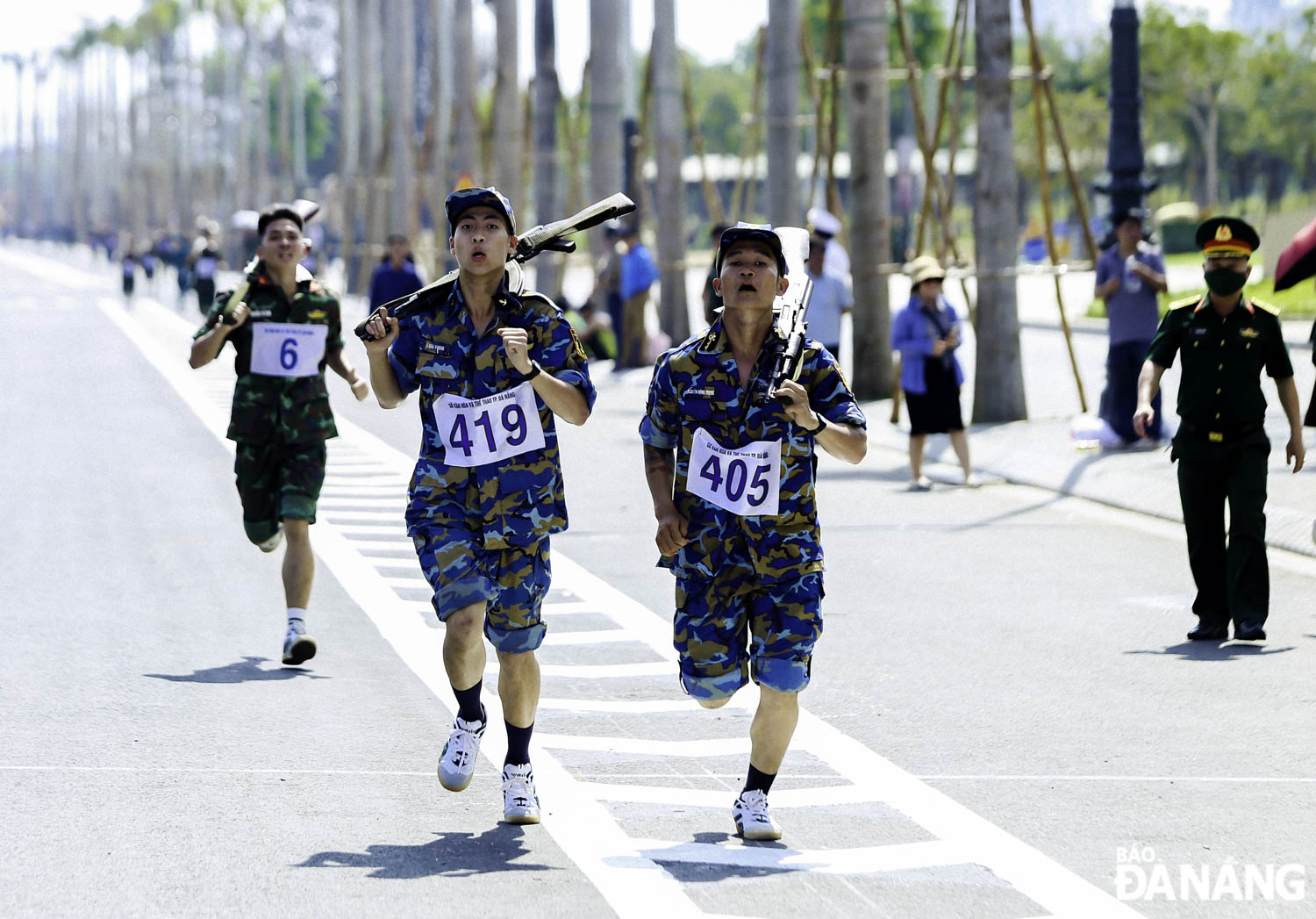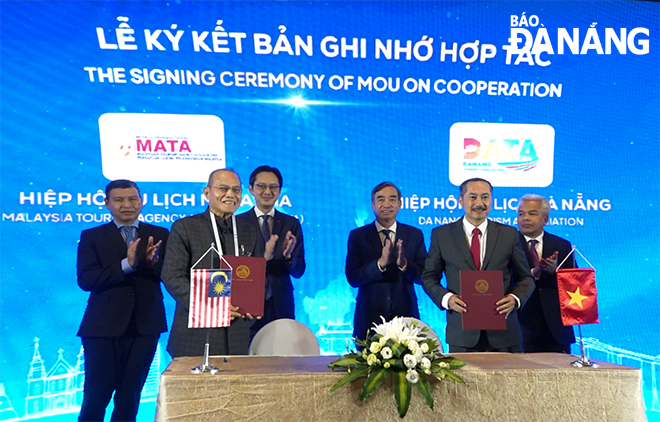International law – base to address East Sea disputes
Territorial claims and disputes in the East Sea need to be addressed in accordance with international law, especially the 1982 United Nations Convention on the Law of the Sea (UNCLOS).
The suggestion was made by Joseph Yun, Acting Assistant Secretary of State Bureau of East Asian and Pacific Affairs, US Department of State, during an international conference on controlling tension in the East Sea held by the US Centre for Strategic and International Studies (CSIS) on June 5-6.
 |
| Mr Joseph Yun |
Nearly 250 representatives from the US, China, India, Japan, the Philippines, Taiwan (China) and Vietnam attended the conference assessing three main topics: the importance of disputes in the East Sea, recent changes in the East Sea, and the East Sea’s role in regional politics.
The Vietnamese delegation includes President of the Diplomatic Academy of Vietnam (DAV) Dang Dinh Quy and DAV Director of the East Sea Research Centre Tran Truong Thuy.
Addressing the conference, Yun affirmed the US does not back any parties in territorial claims or disputes in the East Sea, and does not support the use or threat of the use of force to settle disputes.
Relevant parties need to address disputes through peaceful means such as diplomatic negotiation and reconciliation under the assistance of third parties and international arbitrators, he added.
He said Washington hopes China and Southeast Asian nations soon start discussions on a Code of Conduct of Parties in the East Sea (COC) which will help resolve to the disputes in the East Sea.
According to Gregory Polling, a research associate at the CSIS Southeast Asia Programme, there is no chance to address the overlapping sovereignty over islands and off-shore geological entities between relevant countries in short and medium terms.
Polling emphasised disputed areas should be specified to ease tension in the region.
He said relevant parties do not yet have enough trust and goodwill to carry out negotiations on territorial claims.
Territorial water sovereignty disputes in the East Sea have become one of the most urgent security issues in the Asia-Pacific, experts at the event said.
The conference looks to seek ideas to deal with differences between relevant parties and minimise tension in the region.
Participants also discussed the role of international law in controlling disputes in the East Sea and policies to intensify cooperation in the East Sea.
(Source: VNA)




